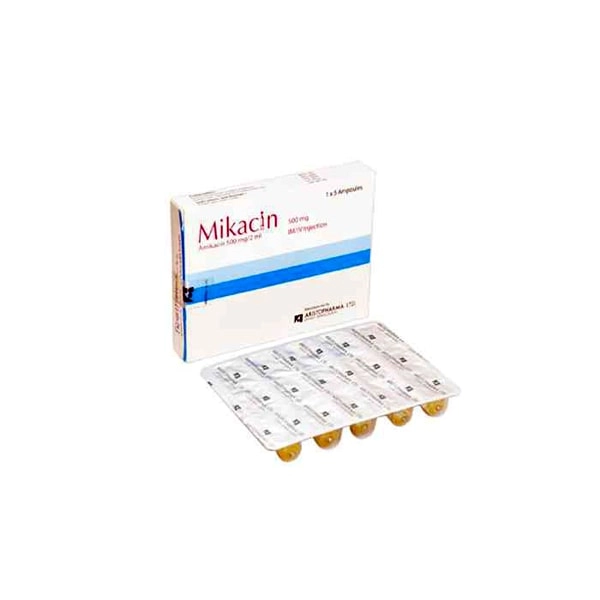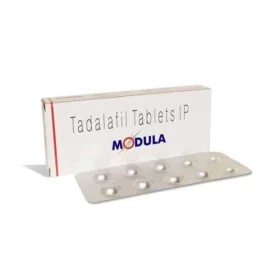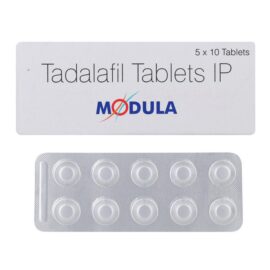Mikacin Injection
✅ Treats bacterial infections
✅ Intramuscular or intravenous use
✅ Effective against resistant bacteria
✅ Reduces infection symptoms
✅ Promotes faster recovery
Mikacin Injection functions by inhibiting bacterial growth. It is administered intravenously (as a drip) or via direct injection into a vein or muscle under medical supervision. Self-administration is strictly prohibited. For optimal effectiveness, take this medication at regular intervals exactly as prescribed by your physician. Complete the entire treatment course even if symptoms improve, as premature discontinuation may cause the infection to recur or worsen.
Common side effects may include injection site reactions (pain, swelling, redness) and elevated blood urea levels. Consult your healthcare provider if these effects persist or if your condition doesn’t improve with treatment.
High doses may potentially cause balance disorders, kidney impairment, or hearing loss. Strictly adhere to your doctor’s instructions during treatment. Regular monitoring through kidney function tests, hearing assessments, and urine analysis may be required. This medication is contraindicated during pregnancy. Inform your doctor if you are pregnant, planning pregnancy, or breastfeeding.
USES OF MIKACIN INJECTION
- Treatment of bacterial infections
BENEFITS OF MIKACIN INJECTION
For Bacterial Infections
SIDE EFFECTS OF MIKACIN INJECTION
Common side effects of Mikacin
- Elevated blood urea levels
- Injection site reactions (pain, swelling, erythema)
ADMINISTRATION OF MIKACIN INJECTION
MECHANISM OF ACTION
Disclaimer:
The information provided herein is intended for educational purposes only and has been rigorously reviewed by medical experts. While we strive for accuracy, this content should not substitute professional medical advice. Not all potential side effects, drug interactions, warnings, or precautions may be included. Always consult your healthcare provider regarding any medical condition or treatment. This information is meant to complement, not replace, the crucial relationship between patients and their physicians.
| Strength | 100 mg, 250 mg, 500 mg |
|---|---|
| Quantity | 1 Injection/s, 3 Injection/s, 6 Injection/s |
| Pharma Form | Injection/s |
| Manufacturer | Aristo Pharma |
| Treatment | Bacterial infections |
| Generic Brand | Amikacin |
 Mikacin Injection
Mikacin Injection











































Reviews
There are no reviews yet